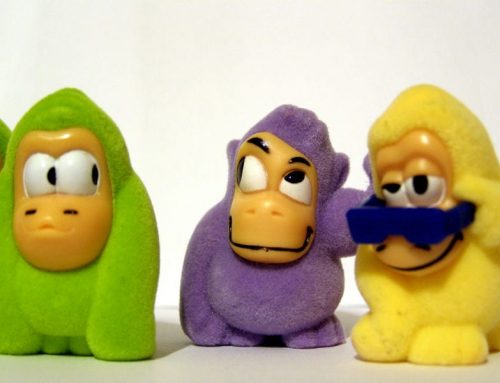Some people come to AA with a gift of desperation. For some, like me, it’s the gift of self-hatred.
When we use the expression, “my own worse enemy,” it’s often related to specific choices we’ve made, but for me, it ran much deeper. I despised myself – not just the things I’d done but my entire being, including my soul. Why would God care about someone like me? This was more than low self-esteem, this is a repetitive compulsion, aggravated by our alcoholism.
“We are shaped by our thoughts; we become what we think.
When the mind is pure, joy follows like a shadow that never leaves.”
BUDDHA
As much as we want to be part of, as much as we wish we could fit in, be good enough – we just can’t wrap our mind around it. We are so vulnerable to others, desperate for their constant affirmation, hyper vigilant to slights, real or imagined. That path is well worn in our minds. It’s clear in our self-destructive choices – almost compulsive need to destroy any chance at growth or achievement or friendship or love.
The 4th step in the 12 & 12: The primary fact that we fail to recognize is our total inability to form a true partnership with another human being. Always we tried to struggle to the top of the heap or to hide underneath.
Because we are afraid. Because we are putting ourselves at risk. We are so convinced that we are worthless, broken, inherently unlovable that we are sure everyone else must see that too. Why would God care about us? Who could want us? Too often, we actively seek the people who will treat us the way we know we deserve. The way we treat ourselves.
We are relationship junkies – constantly chasing romance, only to drive our lovers away. We test them with outrageous behaviors – will you still love me if I do this? How about that? Or our need for affirmation of their love is so constant, so wearing, that it can’t be sustained. How often do we choose partners who are mean to us, financially irresponsible or incapable of commitment?
It isn’t just our personal life – work is a nightmare. The same need for attention sets a cycle in motion – we need to prove ourselves. We volunteer for everything, then resent that we are overworked and underappreciated. Constructive criticism is unbearable. We hide ourselves beneath a know-it-all persona – it’s very hard to learn when we can’t admit we don’t know.
Our actions, following our thoughts, create the very outcomes that we say we don’t want.
It’s very challenging to live life this way. We are in constant struggle between wanting to be happy, joyous and free, while secretly clutching our old idea that we are not worth it. Sometimes our thoughts are not just our own – we hear the voices of other people from our past in our head. The people who should have taught us better. We relive the worst of moments of our lives and then we embrace them.
So where is the solution for us?
It begins the with the 12 steps. The principles become an objective measuring tool for our choices and behaviors. We can embrace a new voice – a higher power. We can understand a God that values us – even when we’re broken. We can unclutter our minds by looking at the pain of our past and share it to discover that we are not alone. We belong somewhere.
We can try to make things right. We can work to forgive those betrayed us or lied to us or labeled us as lacking. We can recognize that we are committed- that we are doing what we said we could do. That we aren’t alone any more – that God will show us what to do if we ask. And in the end, we can be of value by sharing what we’ve learned.
We can do esteemable things. And if we need outside help, we can seek it. We deserve our chance.
One last thought from the Buddha comes to mind: “If your compassion does not include yourself, it is incomplete.”







Leave A Comment
You must be logged in to post a comment.